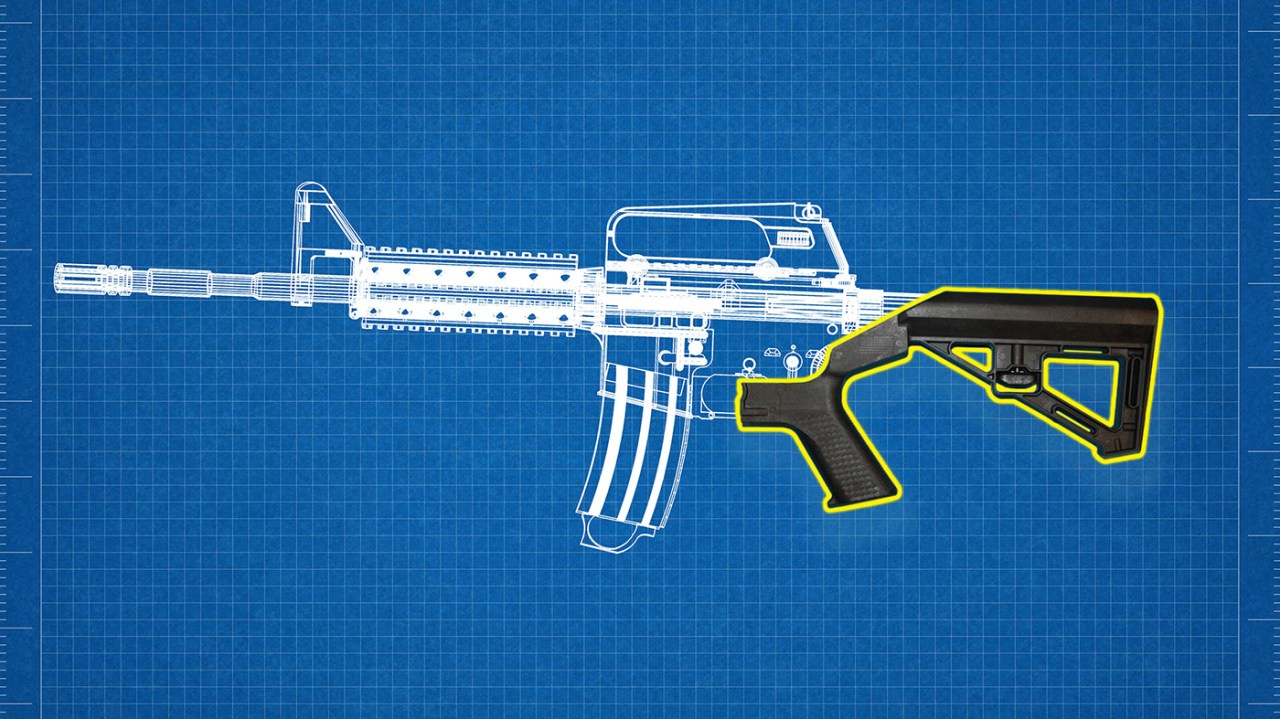cross-posted from: https://lemmy.world/post/15645865
If the Supreme Court rules that bump stocks aren’t machine guns later this summer, it could quickly open an unfettered marketplace of newer, more powerful rapid-fire devices.
The Trump administration, in a rare break from gun rights groups, quickly banned bump stocks after the 2017 mass shooting at a Las Vegas concert that was the deadliest in U.S. history. In the ensuing years, gun rights groups challenged the underlying rationale that bump stocks are effectively machine guns — culminating in a legal fight now before the Supreme Court.



The 5.56 round is a particularly nasty beast and it is well worth actually doing some research before running off your mouth because you think someone is threatening your emotional support assault rifle.
https://www.washingtonpost.com/nation/interactive/2023/ar-15-damage-to-human-body/ is a really good really trigger warning filled article that points out why the AR-15 is so incredibly deadly
In a nutshell, it boils down to the tendency of a 5.56 round to tumble when it hits soft tissue. This is why you see such massive cavitation in ballistics gel and kindergarteners. So it leaves an exit wound but has lost the vast majority of its “stopping power” in the process
Whereas, against a hard target, it is much less likely to tumble.
So yeah. The more you know. But I would settle for “the less you run your mouth about things you don’t understand”.
To expand a little bit for those that don’t want to click through:
5.56 penetrates hard targets because it concentrates energy across a small cross-sectional area due to its small diameter. It delivers a lot of energy to a small point which helps it push through hard objects.
5.56 similarly does not over penetrate in soft targets due to its dimensions: the projectile is narrow and relatively long, with the weight biased to the rear. This means that when it penetrates a soft object, the heavier tail end retains more energy and wants to flip past the tip of the projectile. Because the projectile is long and narrow, it tends to break apart when that happens. That quickly dumps the energy in the projectile and causes the large wounding effect being described above. Since the smaller fragments have less energy, they come to a stop much faster than a solid projectile would.
tl;dr saying 5.56 is capable of both punching through steel and also generally won’t overpenetrate in soft targets is accurate because physics